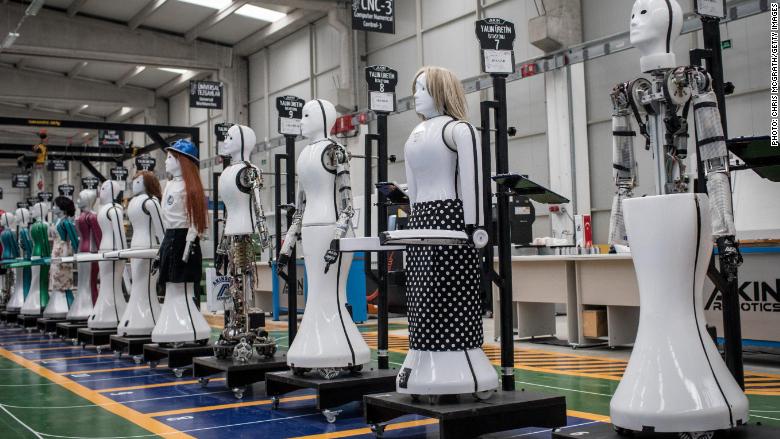
Governments to Address New ‘Personhood’ Concept
European experts are considering whether robots should ever expect to have legal protections similar to humans. Or the question is, will there be a Bill Of Robotic Rights? In an article in interestingengineering.com, writer Louis Papadopoulos cites:
Legal, technology and commerce experts from 14 countries have signed an open letter addressed to the European Parliament in opposition to a report which proposed granting personhood status to robots. The 156 experts included law professor Nathalie Nevejans from the CNRS Ethics Committee and emeritus professor of AI and robotics Noel Sharkey from the Foundation for Responsible Robotics.
“From a technical perspective, this statement offers many bias [sic] based on an overvaluation of the actual capabilities of even the most advanced robots, a superficial understanding of unpredictability and self-learning capacities and, a robot perception distorted by Science-Fiction and a few recent sensational press announcements,” the open statement says.
The letter expresses concerns with a paragraph mentioned in a 2017 European Parliament report which says that self-learning autonomous robots could be given a “status of electronic persons.” This legal status would allow manufacturers to insure their robots as individuals so that any crimes the machines commit would not become the liability of their creators. The parliament says the law would concern only the “most sophisticated autonomous robots” and would not grant robots human rights, such as the right to vote. Instead, the law would seek merely to ensure liability for any wrongdoings or mishaps would reside with the machine.

European Parliament Discusses Robot Legal Status
The European Parliament passed a resolution last year that envisions a special legal status of “electronic persons” for the most sophisticated autonomous robots.
A gathering of more than 150 experts in robotics, AI, law and medical science is challenging the proposal by the European Commission, Europe’s top regulator. In an open letter to the European Commission, they said the proposals appear to be influenced more by “science fiction” than the real world.
The lawmakers argue that giving advanced robots legal status would make it possible to hold machines to account for any damage they may cause. Mady Delvaux, the parliamentarian who drafted the proposal, was not to comment on the letter. The European Commission is working on an initiative on artificial intelligence, which will be presented at the end of April.
Ivana Kottasova wrote in money.cnn.com that granting special status to electronic persons opens a whole new series of problems legally and otherwise.
“The legal personality would blur the relation between the man and the machine so that the legislator could progressively move towards the attribution of rights to the robot,” she said. “This would be utterly counterproductive to the extent that we develop them to serve us.”
You can read more at cnn.com







Leave A Comment